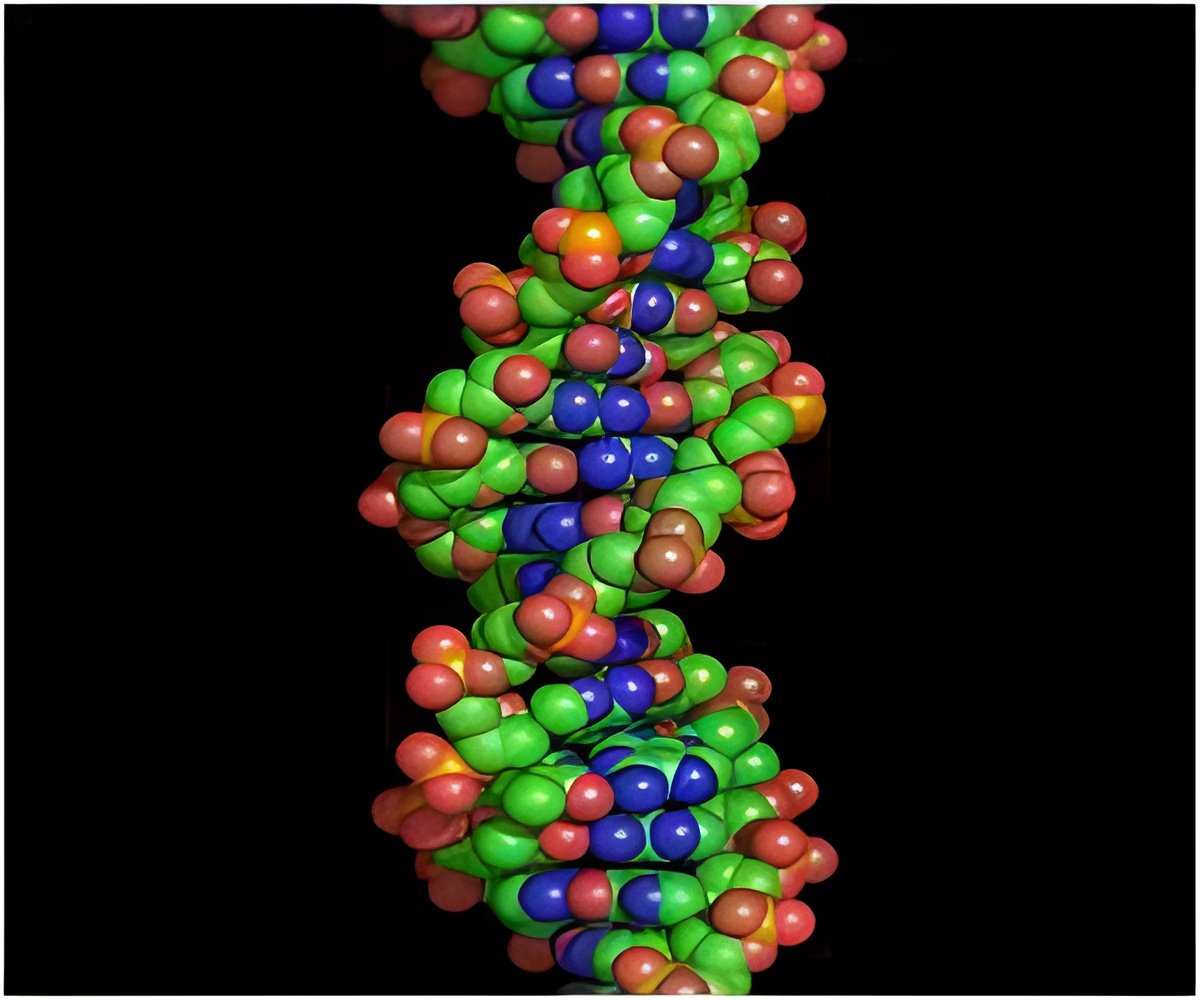Preimplantation genetic testing (PGT) was found to help prospective parents to prevent passing on disease-causing mutations to their children, said researchers.

TOP INSIGHT
The number of couples counselled on Preimplantation genetic testing (PGT) for monogenic kidney disease steadily increased over time. Ninety-eight couples were counselled regarding PGT, of whom 53% opted to proceed with testing, 38% chose not to proceed, and 9% had not yet decided whether to proceed as of June 2019.
The most frequent indications for testing were autosomal dominant polycystic kidney disease (38%), Alport syndrome (26%), and autosomal recessive polycystic kidney disease (9%). Also, 45% of procedures were performed for adult onset kidney disease, with an increase to over 50% in recent years. Of couples with at least one PGT cycle with egg retrieval, 65% experienced one or more live births of a child without kidney disease.
The authors noted that as the number of kidney diseases for which a monogenic cause can be identified continues to grow, it becomes increasingly important to counsel patients on their reproductive options to enable them to make informed choices.
"Choosing how to start a family can be a complex decision if one has a genetic disease. Through PGT, a genetically unaffected pregnancy can be established, through an in vitro fertilization procedure," said Dr. van Eerde. "Insights from our study may help doctors in informing patients with monogenic kidney disease who wish to start a family, and allow for adequate counselling."
An accompanying editorial noted that in the absence of insurance coverage, costly genetic services are primarily available to those who can pay out of pocket, and limits in the coverage of assisted reproductive technology disproportionately burden racially marginalized groups. The authors stressed that there is a need to address moral questions about the acceptable use of PGT, and to ensure access based on need rather than ability to pay. "Payers, including government programs, may be more likely to include coverage of preimplantation genetic testing if professional organizations offer stringent guidelines for its use that have the dual goal of preventing the birth of children with serious disease while supporting equitable access," they wrote.
 MEDINDIA
MEDINDIA




 Email
Email










